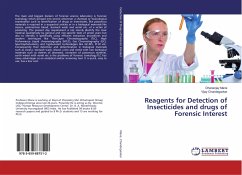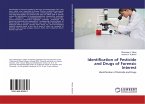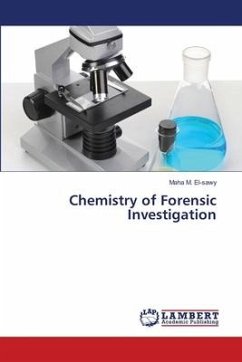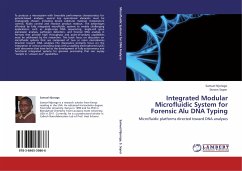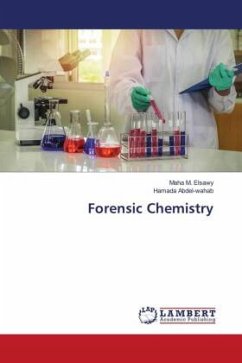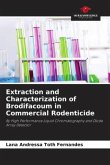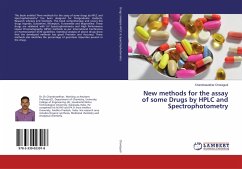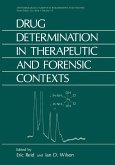The main and biggest division of forensic science laboratory is forensic toxicology which pressed into service whenever a chemical or toxicological examination such as identification of drugs or insecticides, like poisonous materials is required in a suspected articles or in a biological materials like viscera, postmortem blood, stomach wash and vomit etc. of a victim of poisoning. The present day requirement is not merely identify the toxic material qualitatively by general and non-specific tests of yester years but also to identify it specifically using efficient extraction procedures and modern techniques like Thin-Layer Chromatography (TLC), High Performance Liquid chromatography (HPLC), Gas Chromatography (GC), Spectrophotometry and hyphenated technologies like GC-MS, FT-IR etc. Consequently their detection and determination in biological materials such as viscera, stomach wash, blood, urine and vomit with non biological materials such as clothes of deceased, container of poisonous material, earth mixed with vomit etc is the problems of forensic toxicology.TLC has many advantages as an analytical and/or screening tool. It is quick, easy to use, has a low cost.
Bitte wählen Sie Ihr Anliegen aus.
Rechnungen
Retourenschein anfordern
Bestellstatus
Storno

